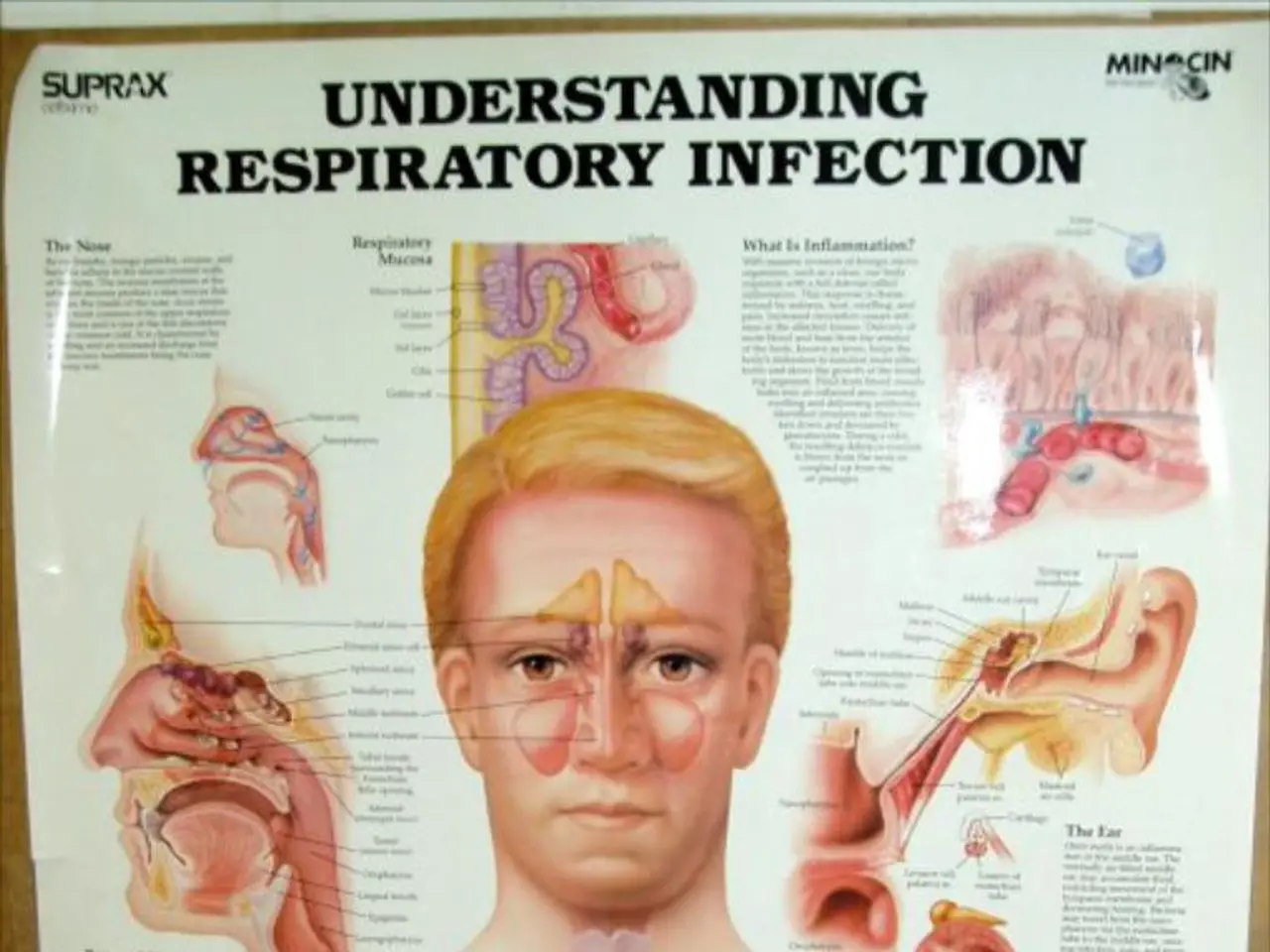Courtroom analyst examines the composed, seemingly accepted demeanor of Charlie Kirk's alleged assailant
In an unusual turn of events, Scott Rouse, a world-renowned behavior analyst, has analysed the demeanor of Tyler Robinson, the accused assassin, during his court appearance on Tuesday.
Rouse, who teaches legal education courses on body language for the Tennessee Bar Association, noted that Robinson's behaviour was unusual for someone in such a stressful situation. The defendant appeared in court wearing a suicide robe, yet showed no signs of anxiety or distress.
Tyler Robinson faces charges of aggravated murder, felony discharge of a firearm, two counts of capital obstruction of justice, two counts of tampering with a witness, and a violent offense committed in the presence of a child.
Rouse, co-founder of 'The Behavior Panel,' a TV program, and lecturer at Vanderbilt University, the University of Tennessee, and more, mentioned that he looks for 'missing' behaviours in individuals in situations like Robinson's. One such behaviour that caught his attention was the lack of deep breaths taken by Robinson during his court appearance.
'It's not common for someone in such a high-stress situation to remain so calm and composed, especially without taking deep breaths,' Rouse said.
Rouse suggested that Robinson's lack of stress could be due to lack of sleep since his arrest. However, without further evidence, it is merely speculation.
Scott Rouse is known for his expertise in criminal profiling and has contributed to numerous high-profile criminal cases, including the investigation of serial offenders and complex homicide cases, primarily in the United States. He has also trained alongside the FBI, Secret Service, U.S. Military Intelligence, and the Department of Defense.
As the case unfolds, Rouse's analysis may provide valuable insights into Robinson's state of mind during the court proceedings. However, it is important to remember that body language analysis should be used as a supplement to other forms of evidence, not as the sole basis for determining guilt or innocence.







